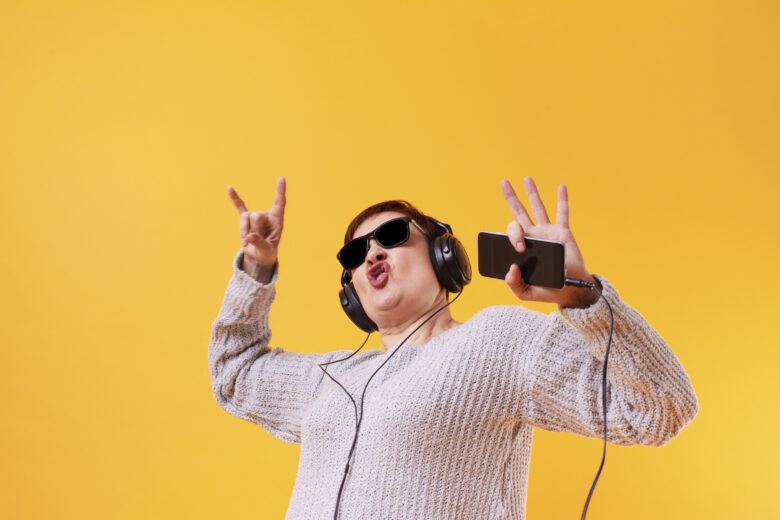Neuroplasticity refers to the brain’s ability to modify its structure and function in response to experience, learning, or injury. This dynamic process, once thought to occur only in childhood, is now known to continue throughout life. It is how we learn new skills, adapt to new environments, and recover from neurological damage. In recent years, …
In an increasingly fast-paced and emotionally demanding world, many people are seeking accessible and non-invasive tools to help manage stress, reduce anxiety, and maintain emotional balance. One of the most powerful and universally available resources for emotional regulation is music. Whether it’s the calming rhythm of a piano sonata, the uplifting beat of a pop …
Music is a universal experience, found in every culture and daily routine—from background tunes during work to curated playlists for study sessions. Beyond its aesthetic and emotional value, scientists have increasingly turned their attention to a compelling question: how does music affect our cognitive abilities, particularly focus and memory? In this article, we dive deep …
Imagine a world where melodies replace medications and harmonies heal wounds. This is the promise of music therapy, a transformative approach that uses sound to address physical, emotional, and mental challenges. Rooted in both art and science, music therapy goes beyond entertainment—it empowers individuals to achieve non-musical goals like improved mood, reduced anxiety, and enhanced …
From remembering where you left your keys to recalling a cherished childhood moment, memory shapes how we navigate life. But what if the key to unlocking sharper recall isn’t a pill or a puzzle—it’s a melody? Recent research reveals that music has a profound ability to enhance memory, thanks to its unique influence on brain …
On Spotify, the word “sad” is the most-searched term by Gen Z users. Playlists titled sad girl autumn or heartbreak anthems rack up millions of streams, and artists like Billie Eilish and Lana Del Rey have built careers on melancholy. But why do we gravitate toward sorrowful melodies when happiness is often our end goal? …
Music has been a cornerstone of human culture for millennia, serving as a universal language that transcends borders and generations. Today, its role extends far beyond entertainment—scientists and psychologists increasingly recognize music as a powerful tool for enhancing mental health and emotional well-being. From ancient drum circles to modern streaming platforms, the melodies we cherish …
Whether you’re working from a bustling office or a quiet home desk, music has likely become a staple in your daily routine. The connection between music, mood, and productivity is more than anecdotal—it’s backed by science. From students streaming lo-fi beats to professionals curating classical playlists, auditory stimulation is increasingly recognized as a tool to …







